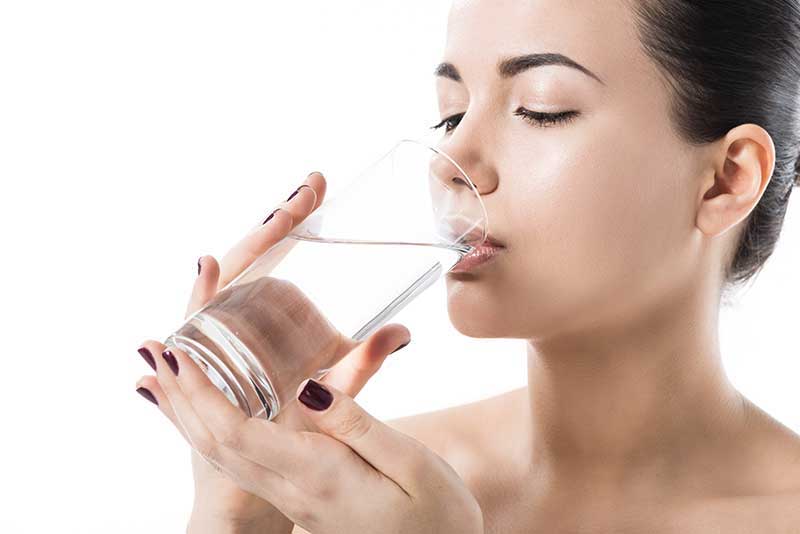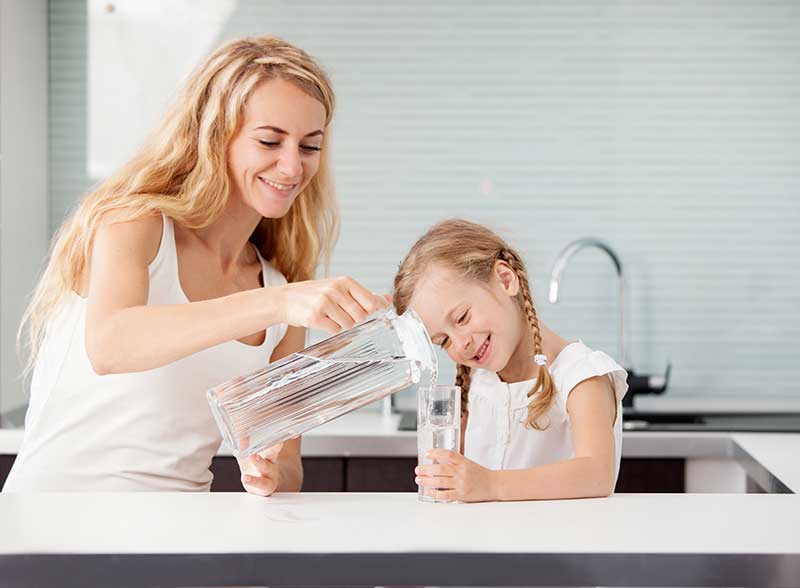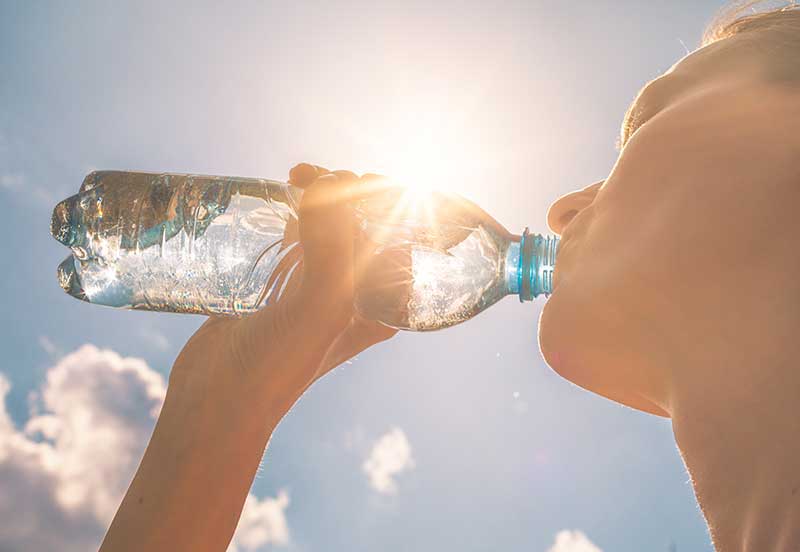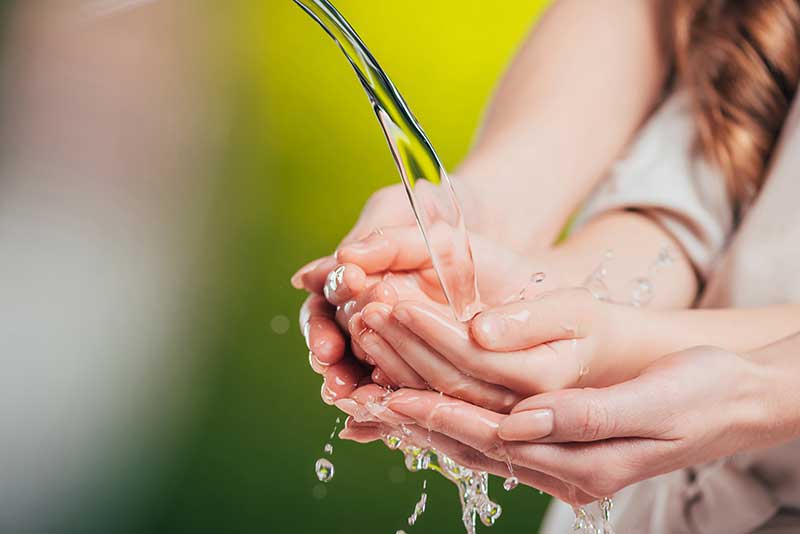home water filtration system quality
Which water filter is best for home?
There are several different types of home water filters available. These are categorized by size, capacity, and the contaminants they remove. Whole house water filters are larger than under-sink filters, and they must be installed close to the point where water enters the house. Before choosing a home water filter, measure the area where it will be installed, as well as the dimensions of the filter. In addition, you should consider the price.
There are many kinds of water filters available, from faucet attachments to reverse osmosis systems. Most are easy to install and remove a wide range of common contaminants. The most popular types are faucet attachment filters and countertop filters. Countertop filters can range from a few dollars to hundreds of dollars. The price of a countertop filter is largely dependent on the amount of water you use. Filter efficiency also differs. The Water Quality Association and NSF International certify water filters. Gold seals are given to the top picks.
Before purchasing a water filter, think about how much water your family uses. For a small household, a pitcher filter may be adequate, but if your family is growing, you might want a faucet or under-sink filter. Make sure you buy one that is designed for your specific needs, as it will be difficult to replace an older filter. The best filters will last anywhere from one to ten years.




